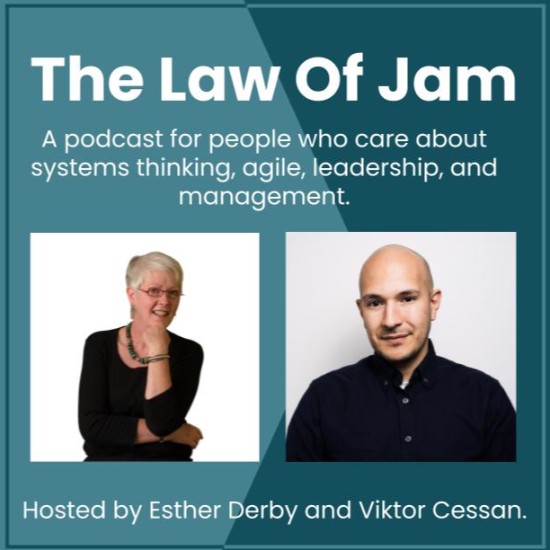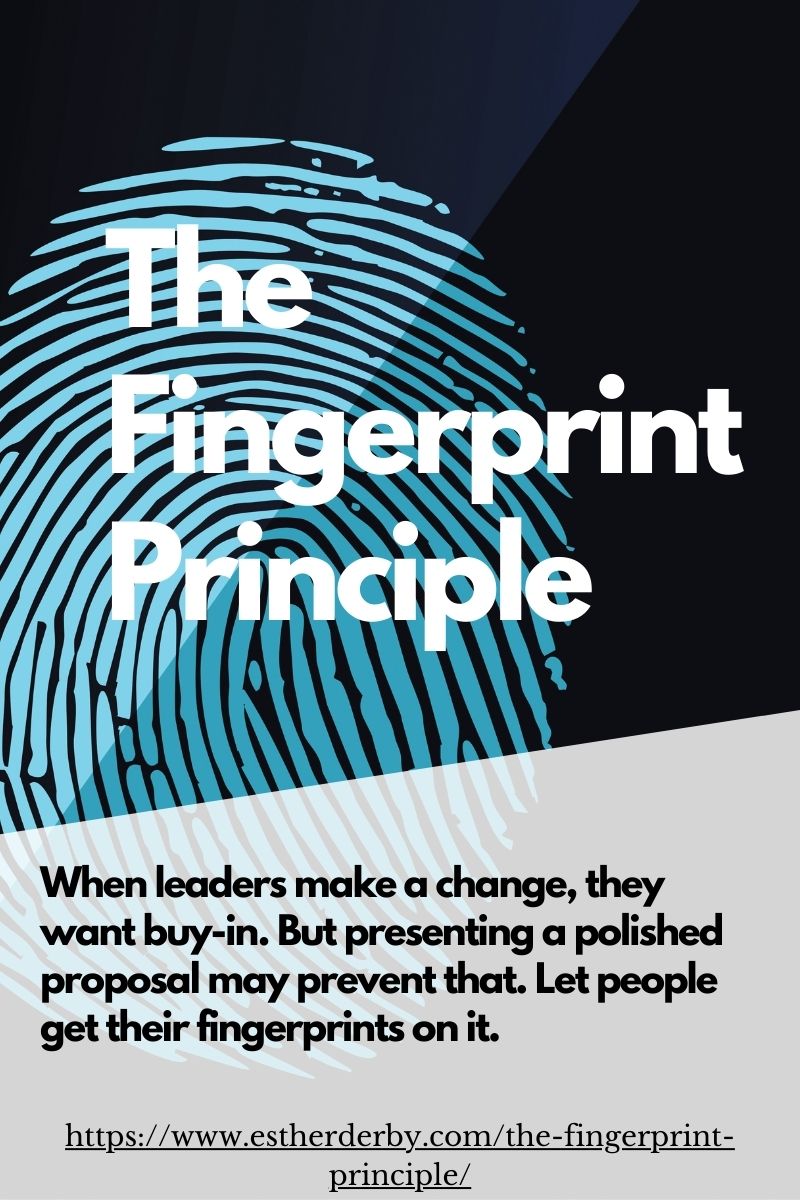Too often, people, including managers, mistake labels or blame for feedback. However, labeling people doesn’t help. Labels don’t improve results, or strengthen relationships. Statements such as, “You’re lazy,” or “You’re too nice,” don’t give any useful information that might lead to a desirable change in their behavior.
Blame
Labels are a judgement about the whole person, in all situations. A label doesn’t describe specific behavior that someone can choose to change. Labels imply stable and static characteristics–and suggest that a person isn’t capable of change.
Labels are a form of blame. Sometimes blame is more direct: “We’d be on schedule if you did your job,” for example. Such statements raise defenses, not awareness. Furthermore, problem-solving usually ceases when blame starts.
While blaming/labeling may provide short term satisfaction to the blamer, blame and labels don’t help people know what to do differently to be more successful.
The Flip-Side of Blame
The flip-side of such negative judgments is praise.
We’re conditioned from an early age to seek praise from our parents and teachers. Early writers on interpersonal skills in business advised people to be “lavish with praise.” Praise may feel good to both the praiser and the praised–in the short-term.

However, in the long term, praise (and other rewards) have a high price. Praise can erode intrinsic motivation. It shifts motivation to external validation. The goal becomes pleasing someone else rather than pleasing oneself or finding joy what ever you’ve been praised for. When intrinsic motivation fades, work engagement can go down, too. Rather than understanding how work contributes to the success of the organization, focus goes to gaining praise.
Praise about personal characteristics can be even more damaging. Paradoxically, telling someone “you’re so smart,” may actually make people act in less smart ways. “Smart” becomes part of a person’s identity. People protect identity. This can show up in not admitting when they don’t know something, not asking for help, or not taking on though projects.
Praise and blame are two sides of the same coin: both are judgements.
There’s No Learning in Praise
Here’s what Marshall Rosenberg said in an interview*:
“…we consider praise and compliments a violent form of communication. Because they are part of the language of domination, it is one passing judgment on another. What makes it more complex is that people are trained to use praise as reward, as a manipulation to get people to do what they want.”
Praise is a form of manipulation—and most of the time people can tell. If you want to appreciate someone, do it genuinely and directly, not in the form of praise.
Later in the interview he tells a story about a woman who approached him after a talk to tell him he was brilliant. Part of his response to her effusive praise:
“…I could never recall learning anything of value from someone telling me what I am. I don’t think anybody does…”
Like blame, praise doesn’t help; it doesn’t give people useful information.
The point of feedback is to improve working relationships and work results. That requires information that will help a person make choices. No praise, no blame. Don’t make the mistake of mistaking blame for feedback.
If find yourself on the receiving end of labels or vague feedback, you may still be able to unearth some useful information.
*This interview, published on yogitimes.com, does not appear to be available online anymore. Updated in 2020.









0 Comments